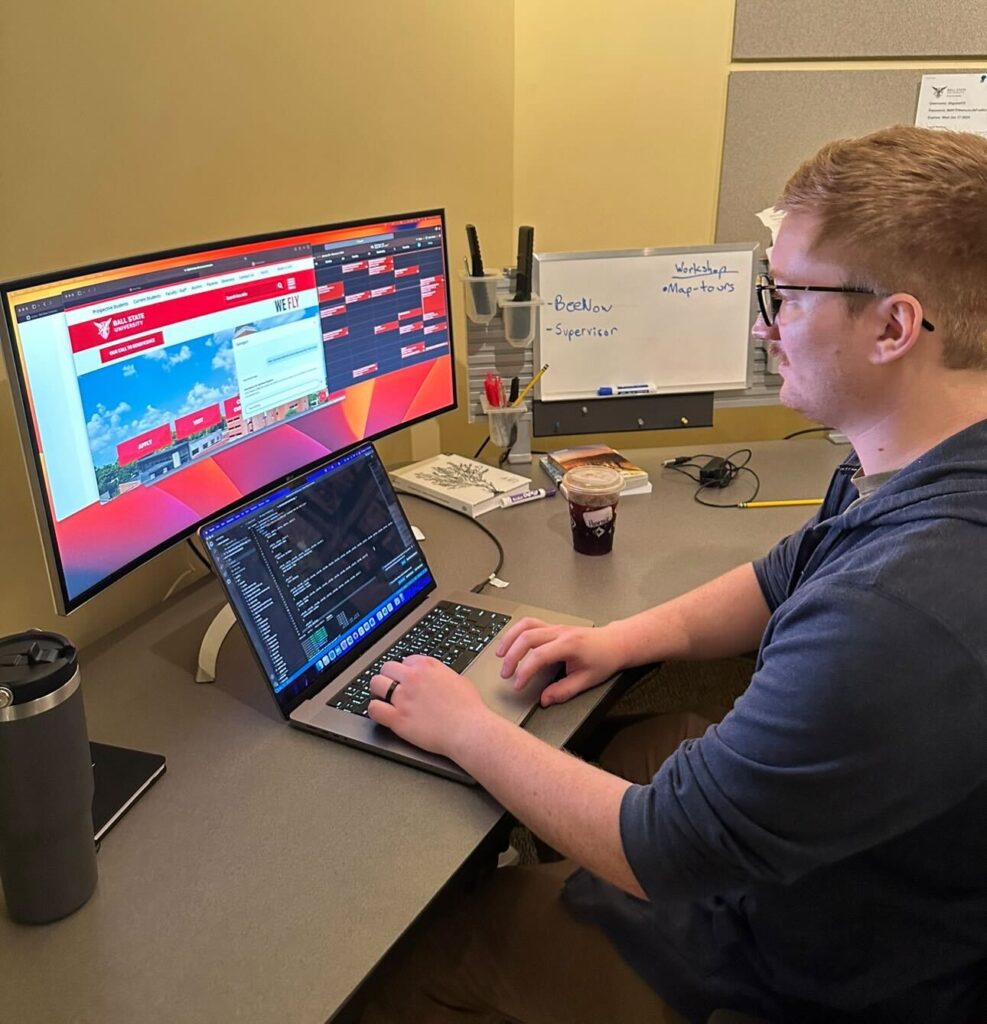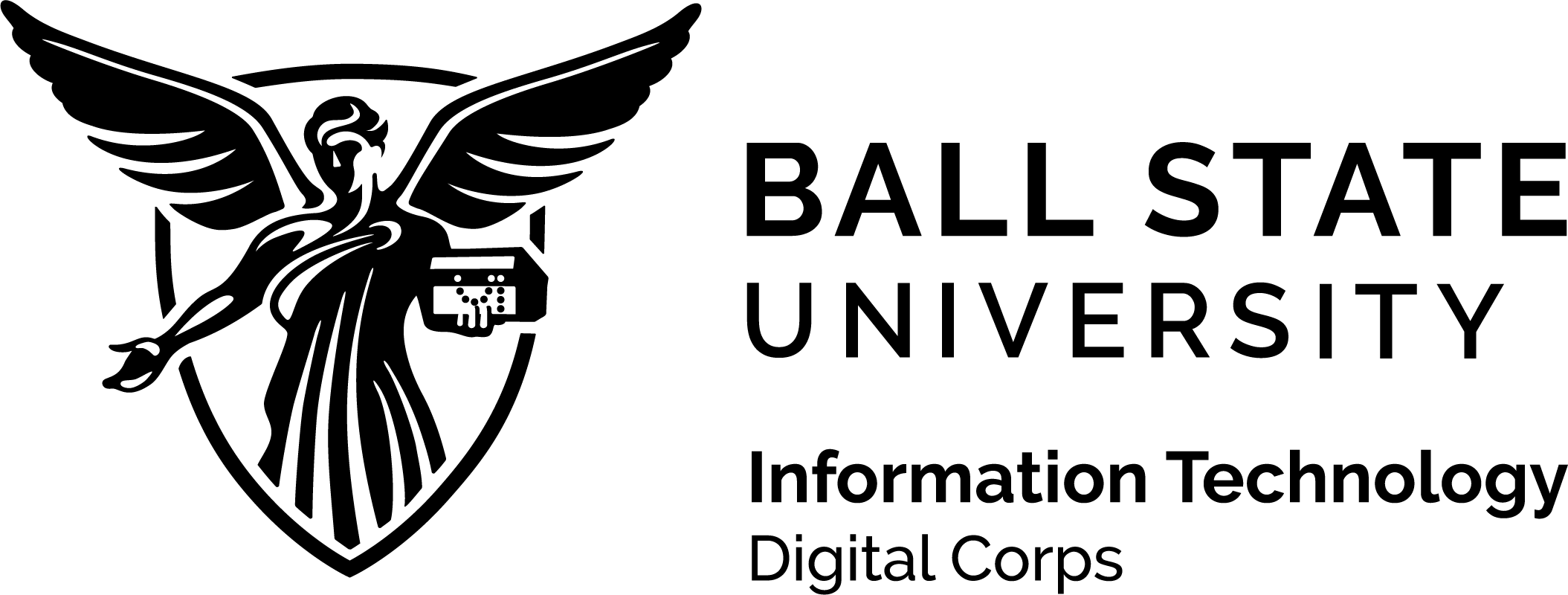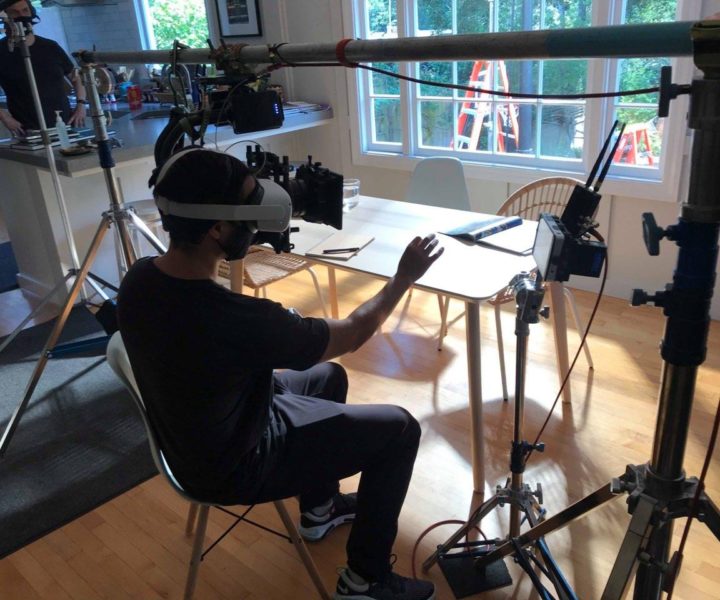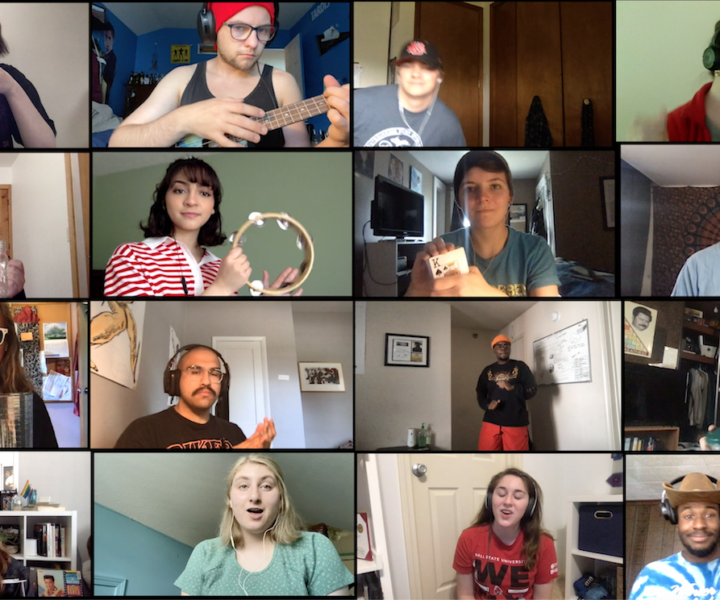
How have you implemented Generative AI into your professional life? Regardless of your answer, there’s no denying that within the past year, Artificial Intelligence (AI) has become quite the hot topic. Thanks to the newfound popularity of Generative AI (GenAI) tools such as ChatGPT, uncertainty and curiosity around AI has reached brand-new highs. While some individuals are excited about the prospect of this new technology, others are apprehensive. However, no matter what their stance or level of concern is, everyone seems curious to see how Generative AI will affect the workplace.
What is GenAI?
Before we speculate about the possible positive and negative implications generative AI can have, we need to establish what this form of artificial intelligence is, and what it can do.
TechRepublic defines Generative AI as “a type of artificial intelligence technology that broadly describes machine learning systems capable of generating text, images, codes, or other types of content, often in response to a prompt entered by a user.”
The last part of this definition is key, as the main draw of Generative AI is the ability for users to type in a simple request and have that requested content generated for them in seconds.
If you work in tech, you should expect AI to have some effect on you and your work, regardless of how you feel about it. With this in mind, it’s important to consider the different perspectives and expectations that the industry as a whole has adopted.
Perspectives on AI: The Positives
Hunter Wallace, the Development Team Lead at the Digital Corps, is more open-minded than most when it comes to adopting GenAI into the workplace.
“AI could be a good replacement for things we don’t want to do… for things such as inspiration or generating testing data, it can help do that quicker, faster, and more efficiently,” Wallace said.

As a programmer, AI can help trim down the amount of time it takes to write standard code for a project, and instead that time can be spent elsewhere. For Wallace and his team of developers, that time could be spent finding solutions to specific problems they face when building sites, allowing them to implement extra features. While AI can be a huge help, it’s on us to make sure we aren’t letting it do all the work.
“I like to see AI as a tool, but not the builder,” Wallace said. “We are supposed to be the ones who use it responsibly to create new works, not just take the ideas of somebody else.”
For other creatives, like writers and designers, GenAI can be a good starting point for generating ideas. Seeing examples of other creative works can help you come up with your own. However, it’s important to keep in mind that AI typically pulls information from already existing sources and doesn’t always tell you from where, so it can get a bit tricky when trying to attribute those sources.
Perspectives on AI: The Negatives
With AI, we want to make complex things easier. The fear of AI stems from what effect it could have on fields like art and communications. The last thing we want to see is artists and writers having their jobs replaced by machines, and it will be a shame if others see these new tools as an opportunity to replace jobs. Unfortunately, this is something we must consider and try to avoid, especially since the current two most popular uses of GenAI are writing essays and generating art based on prompts.
Another concern with AI is the possibility of this technology flat out replacing jobs. According to McKinsey, “12 million occupational transitions may be needed by 2030. As people leave shrinking occupations, the economy could reweight toward higher-wage jobs.” Of course, not all of these job transitions can be blamed on the introduction of technology that we still don’t know everything about, but it will certainly be the case for some.
Ultimately, it’s up to the industry to decide what we do about these potential problems. Wallace believes it gives industry leaders and those in charge a lot of power. “[AI] is a wonderful tool. While everyone should have access to AI and understand how to use it, the main concern is that those with power may use AI to simplify things too much, and might take away the human touch,” he said.
While this is a very relevant point, it does at least offer a silver lining: while AI could feasibly create creative content such as images and essays, that doesn’t necessarily mean these ideas will be stronger than what humans can come up with. When examining art or reading a text, we want to have a sense of that “human touch” to keep things interesting and relatable. It’s unlikely that articles and images based on nothing but the same objective and existing facts will hold our interest for long.
The Potential of AI at the Corps
Student learning and career readiness are a few of the main motivators behind everything we do at the Corps, so it’s safe to say that we don’t have to worry about AI replacing the jobs of students. Despite this, we must still address AI in some capacity, as it could be a helpful tool to increase potential for both creativity as well as efficiency.
However, creative integrity is also an important aspect of the work we do, so we don’t want to put too much of our work into the hands of AI. That runs the risk of potentially taking the ideas of others, which we obviously don’t want to do. A huge part of hands-on learning is critical thinking and coming up with the solutions ourselves. This just means that finding the right balance will be the key for our office moving forward.
At the end of the day…
Generative Artificial Intelligence is still a very new topic, so the future implications aren’t 100% clear yet. No matter what direction GenAI takes in the coming years, the duty to use it in a responsible way falls on the shoulders of all of us as professionals.



